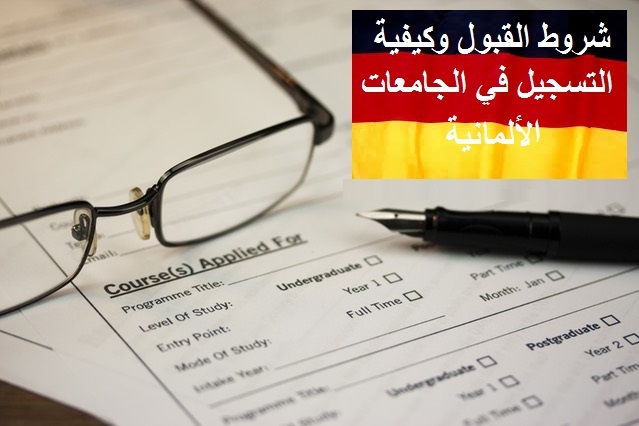
Permanent residence in Germany
How long can I stay in Germany?
When you first enter Germany, you are entering on a temporary visa. Not every country has to apply for these initial entry visas, but you do have a clearance to stay in the Schengen Area (most European Union countries as well as Switzerland, Lichtenstein, Norway, and Iceland) for 90 days within a period of 180 days.
What is permanent residency in Germany?
To stay longer than 90 days or to hold a job, you need a different kind of visa, and after living in Germany for a while, you might want to switch to a more permanent type of immigration status. Think of permanent residency as a kind of status between having a work visa and citizenship, though in nearly all cases you need to have lived in Germany for a period of time first. It’s worth mentioning that German permanent residency doesn’t give you EU-wide freedom of movement though.
How long does it take to get permanent residency in Germany?
This depends a bit on what route you’re taking to get permanent residency. Once all the documents have been submitted, it can take up to eight weeks to receive your card, depending on the complexity of your case. If you hold a university or college degree and have been living and working in Germany for four years, you can apply for permanent residency. There are some additional requirements, like completing your B1 or B2 level in German, passing the Life in Germany Test, and having an adequate living space for you and your family. If your degree or qualification is from a German institution, you can apply for permanent residency after only two years. In very particular circumstances, the language and time living in Germany requirements can be waived entirely if you’re a researcher with very specific qualifications or a high-level academic.
How to apply for permanent residency in Germany
The requirements are different depending on your work and marital status. If you already have a job in the country or are marrying a German national, it’s a fairly straightforward process though it will still take time, and of course, several forms. If you’re a freelancer, or self-employed, be prepared to do a bit more legwork.
If you are currently employed in Germany
If you have a degree or vocational certification, you can apply for permanent residency once you have held a job in Germany for four years and have been paying into the statutory pension insurance fund. Depending on which Bundesland (federal state) you live in, your German language level will need to be B1 or B2, and you will need to pass the Life in Germany Test. Your job does need to be related to any qualifications you hold, and your salary needs to cover living expenses for you and any dependents.
If you are a freelancer or self-employed
This is a bit more challenging, but it’s definitely possible. You need to provide a lot of documentation about your business and your revenue to prove you are able to cover your living expenses and those of any dependents without recourse to public funds. This includes tax records, revenue forecasts, and more. Check the immigration site for your Bundesland (federal state) for the exact list of required documents, and consider hiring an immigration consultant or lawyer to ensure you get it right.
If you are marrying a German citizen
If your partner is a German national and you’ve lived in Germany for three years, you can apply for permanent residency. You will need to demonstrate an adequate level of German, depending on the Bundesland that can be B1 or B2 level German.
German Residence Permit Requirements
To be given any of the residence permits, you will need to fulfil a few requirements. Most of them will be the same, such as:
- Have a valid passport from another country,
- Not have a criminal record,
- Be proficient in German in at least a B1 level,
- Have German health insurance,
- Pass a health check which proves you are healthy enough to work and/or study,
- Be financially stable and support yourself and your family,
If you plan on working in Germany, you will need a letter from your employer with the job offer and description,
If you plan on studying in Germany, you will need proof that you have been admitted into a university,
If you plan on joining your spouse in Germany, you will need proof of marriage such as a marriage certificate.
If you have all these documents and fulfil the requirements, you can begin your application process. However, we recommend contacting a German immigration lawyer , if you want peace of mind when making your application. Such professionals will ensure that your application follows the requirements and greatly increases the likelihood of a successful application.


